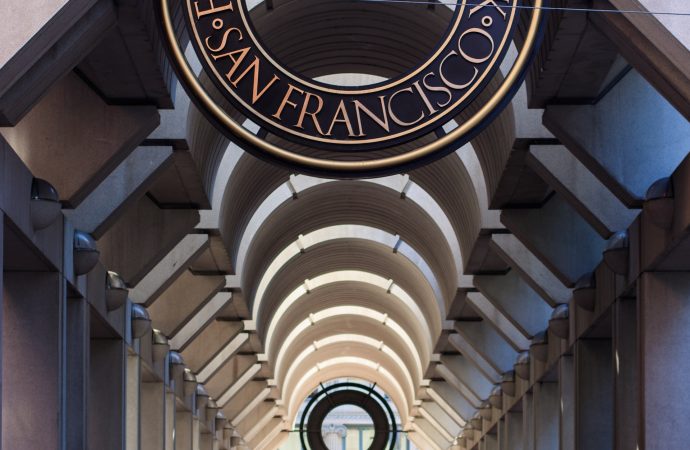Rate Hike Anticipation: Federal Reserve Set to Raise Interest Rates by 0.75% Next Week! The financial world is abuzz with anticipation as the Federal Reserve prepares to raise interest rates by 0.75% next week. This move is expected to have far-reaching effects on various sectors, including housing, business investments, and consumer spending. In this article,
Rate Hike Anticipation: Federal Reserve Set to Raise Interest Rates by 0.75% Next Week!
The financial world is abuzz with anticipation as the Federal Reserve prepares to raise interest rates by 0.75% next week. This move is expected to have far-reaching effects on various sectors, including housing, business investments, and consumer spending. In this article, we will delve into the details of this imminent rate hike and analyze its potential impact on the economy.
Understanding the Federal Reserve’s Decision
The Federal Reserve plays a crucial role in shaping the economic landscape of the United States. As the country’s central bank, it is responsible for maintaining stable prices and promoting maximum employment. One of the tools at its disposal is the adjustment of interest rates.
In recent months, there have been signs of inflationary pressures building up in the economy. Rising commodity prices, increased wages, and robust consumer demand have contributed to a higher level of inflation. To curb the potential risks associated with inflation, the Federal Reserve has decided to raise interest rates.
Implications for Borrowers and Savers
As interest rates increase, borrowers will face higher borrowing costs. This means that mortgages, car loans, and other forms of credit will become more expensive. Individuals and businesses with variable-rate loans will be particularly affected, as their interest payments will rise in tandem with the rate hike.
On the other hand, savers stand to benefit from higher interest rates. Banks and financial institutions will offer better returns on savings accounts, certificates of deposit (CDs), and other interest-bearing instruments. This can be a welcome change for those who rely on fixed-income investments to generate income.
Impact on Housing and Real Estate
The housing market is closely tied to interest rates, and a rate hike can have a significant impact on the affordability of homes. As borrowing costs increase, potential homebuyers may find it more challenging to qualify for mortgages or afford higher monthly payments. This could lead to a slowdown in the housing market, as demand softens and prices stabilize or decrease.
For homeowners with adjustable-rate mortgages, the rate hike could result in higher monthly mortgage payments. This might prompt some homeowners to refinance their mortgages to lock in lower rates before the increase takes effect. Overall, the housing market is likely to experience some adjustments in response to the Federal Reserve’s decision.
Effects on Business Investments
Businesses rely on borrowing to finance expansions, invest in new projects, and upgrade their operations. With interest rates on the rise, the cost of borrowing will increase, which could potentially dampen business investments. Some companies may decide to delay or scale back their plans until the interest rate environment becomes more favorable.
However, it’s important to note that the impact on business investments can vary across different sectors. Industries that are less sensitive to interest rate fluctuations, such as technology and healthcare, may continue to thrive despite the rate hike. On the other hand, sectors like construction and manufacturing, which heavily rely on credit, may face more significant challenges.
Consumer Spending and Economic Growth
Consumer spending is a major driver of economic growth, and any changes in interest rates can influence consumer behavior. With higher borrowing costs, individuals may choose to reduce their discretionary spending or delay large purchases. This can have a ripple effect on the overall economy, potentially leading to slower growth in certain sectors.
However, the Federal Reserve’s decision to raise interest rates is also a testament to the strength of the economy. It indicates that policymakers believe the economy can handle higher borrowing costs without derailing growth entirely.

















Leave a Comment
Your email address will not be published. Required fields are marked with *